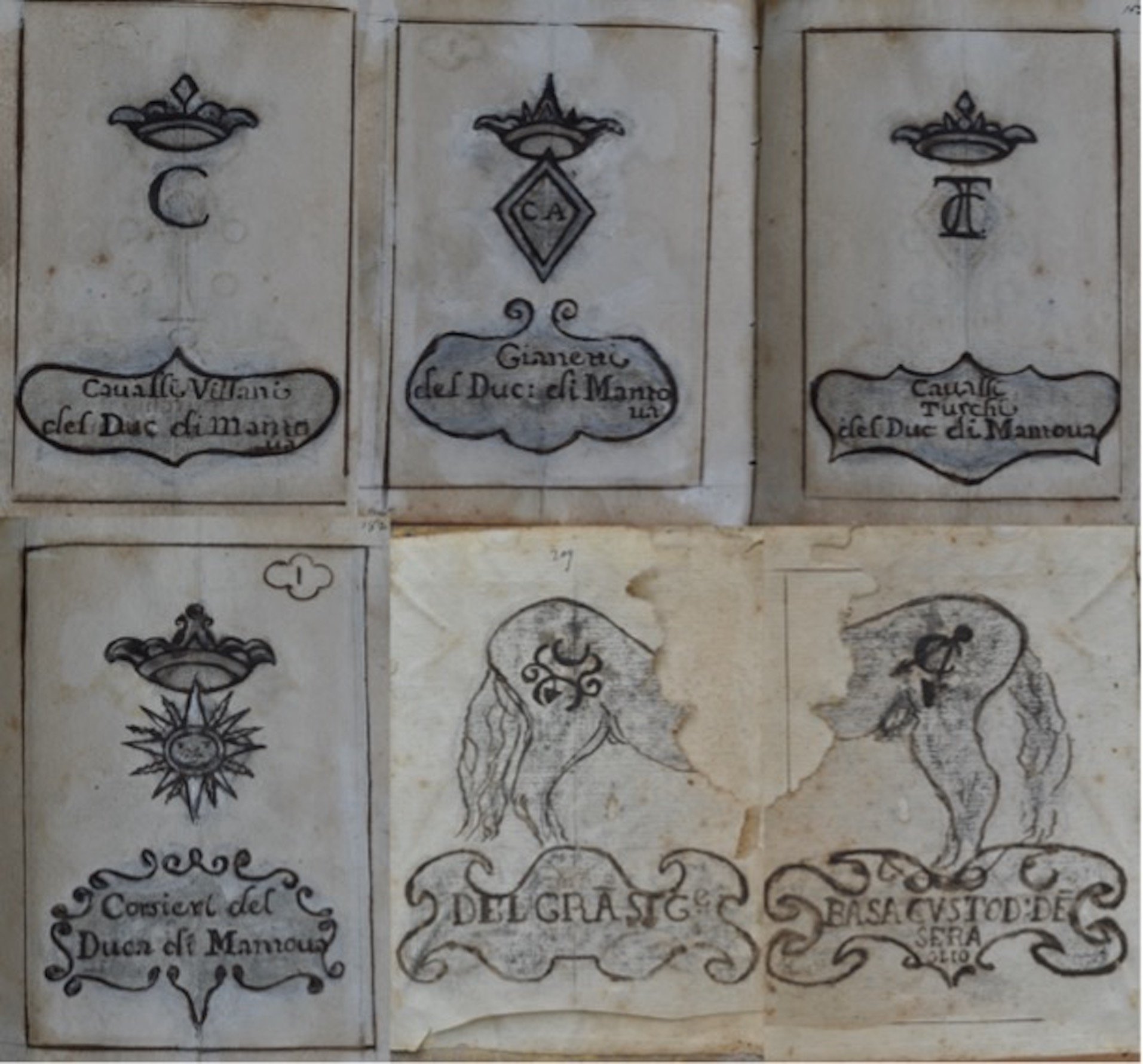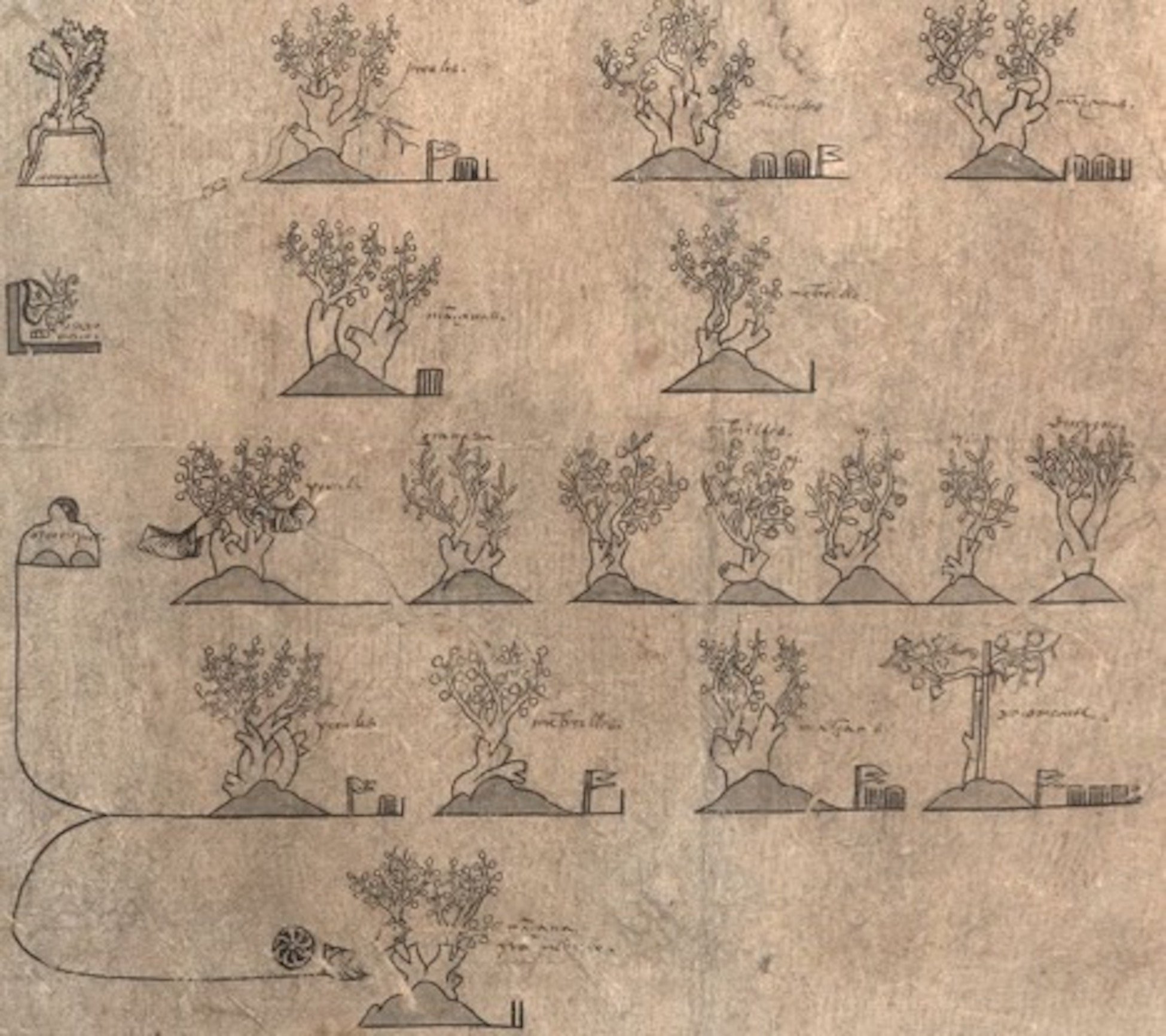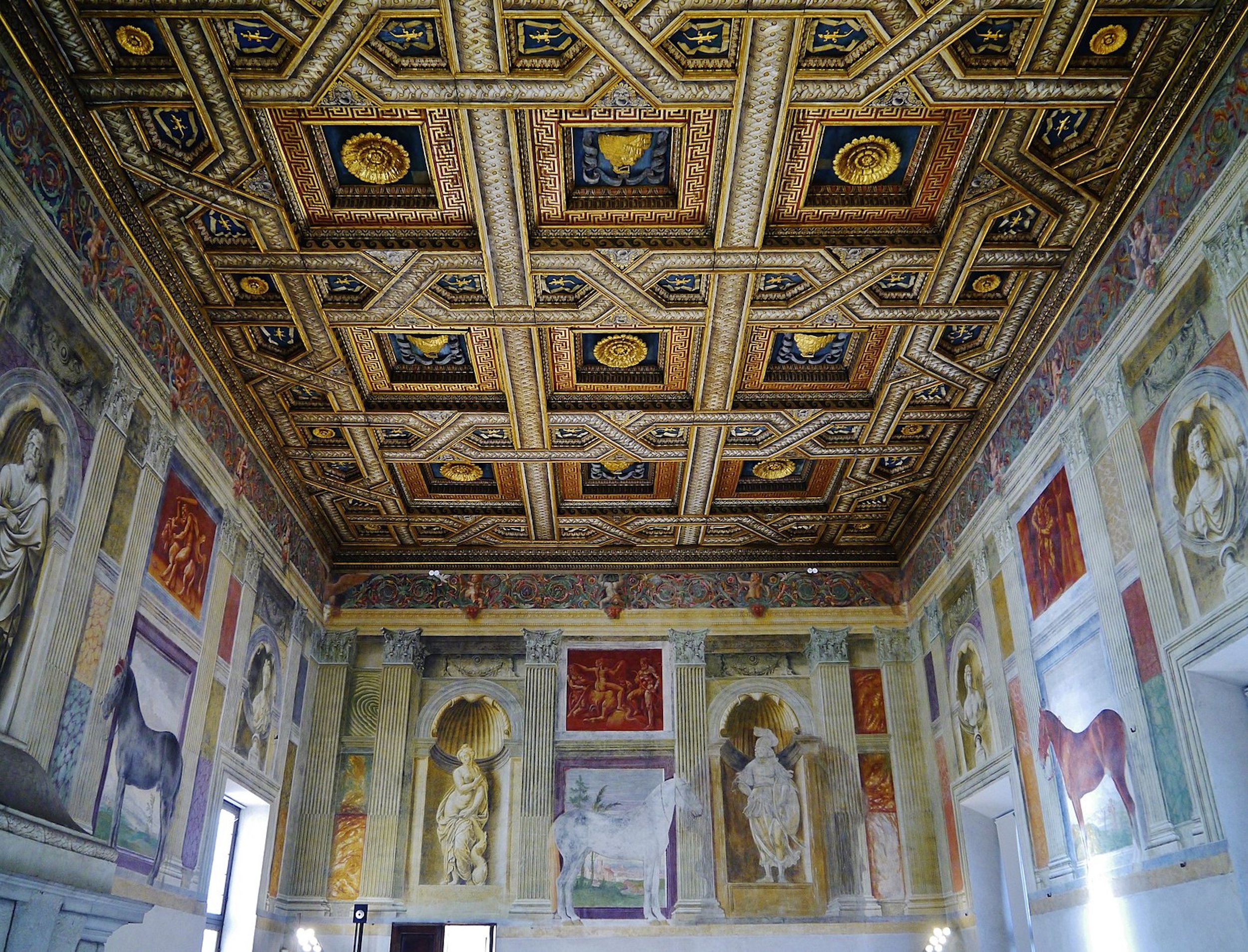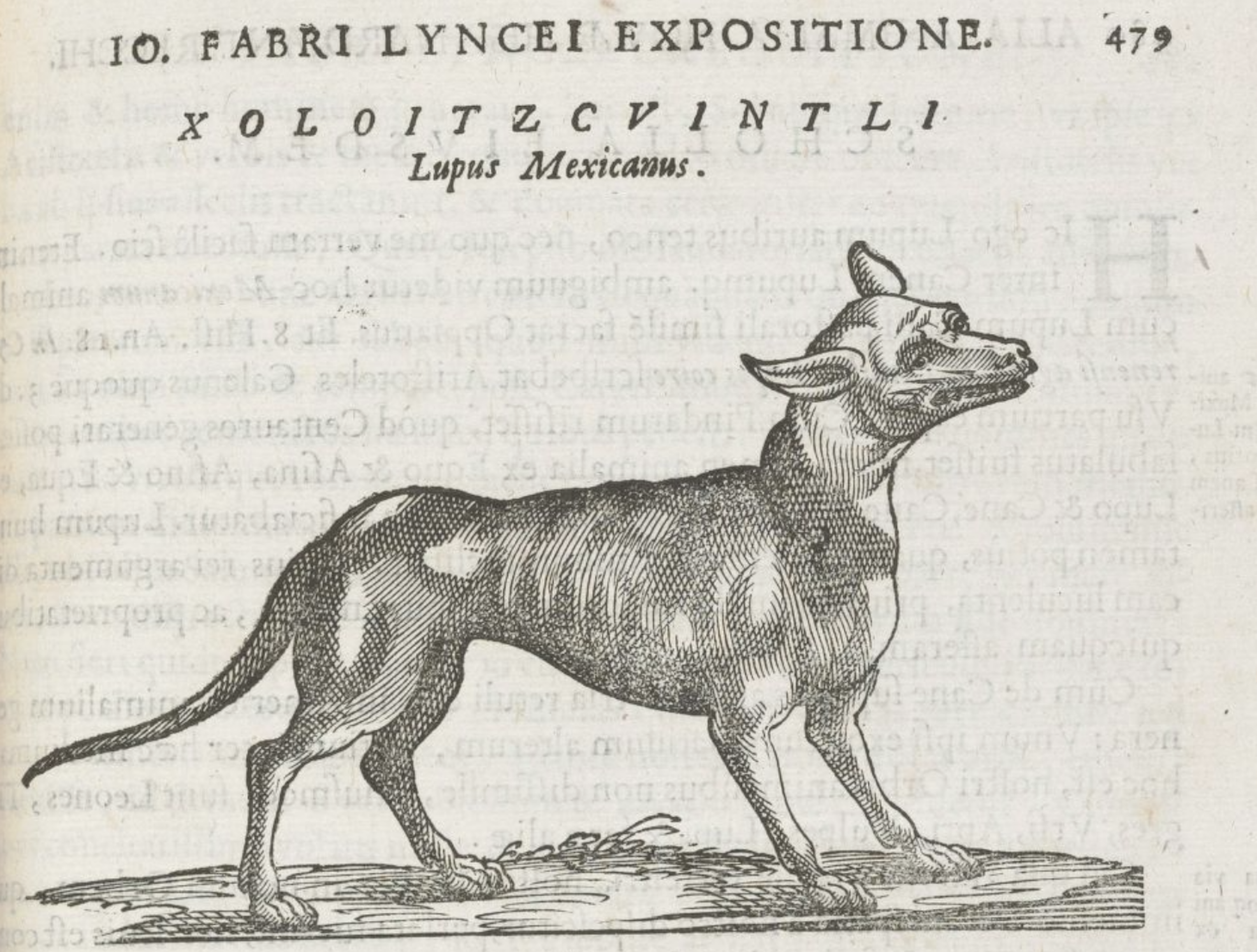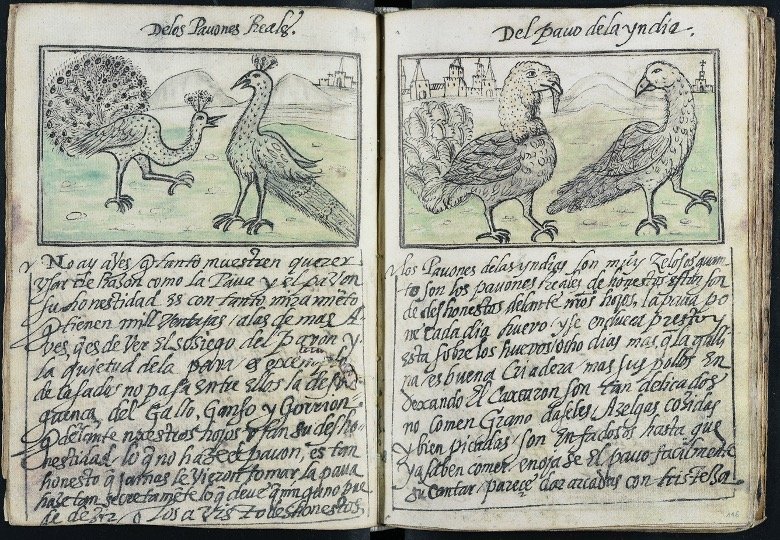The Perfection of Nature
Animals, Breeding, and Race in the Renaissance
The University of Chicago Press, 2022
★ Honorable Mention, Morris D. Forkosch Book Prize 2023 for the Journal of the History of Ideas
★ Honorable Mention, Aldo and Jeanne Scaglione Prize for Comparative Literary Studies 2023 Book Award, Modern Languages Association
★ Shortlist, 2023 Cundill History Prize
★ Longlist, 2023 Society for the History of Natural History, Book Prize (Thackray Medal)
★ Winner of the 2019 Cappadocia Prize for Best Unpublished Manuscript for the Society for Italian Historical Studies
A deep history of how Renaissance Italy and the Spanish empire were shaped by a lingering fascination with breeding.
The Renaissance is celebrated for the belief that individuals could fashion themselves to greatness, but there is a dark undercurrent to this fêted era of history. The same men and women who offered profound advancements in European understanding of the human condition—and laid the foundations of the Scientific Revolution—were also obsessed with controlling that condition and the wider natural world.
Tracing early modern artisanal practice, Mackenzie Cooley shows how the idea of race and theories of inheritance developed through animal breeding in the shadow of the Spanish Empire. While one strand of the Renaissance celebrated a liberal view of human potential, another limited it by biology, reducing man to beast and prince to stud. “Race,” Cooley explains, first referred to animal stock honed through breeding. To those who invented the concept, race was not inflexible, but the fragile result of reproductive work. As the Spanish empire expanded, the concept of race moved from nonhuman to human animals. Cooley reveals how, as the dangerous idea of controlled reproduction was brought to life again and again, a rich, complex, and ever-shifting language of race and breeding was born.
Adding nuance and historical context to discussions of race and human and animal relations, The Perfection of Nature provides a close reading of undertheorized notions of generation and its discontents in the more-than-human world.
Isis: A Journal of the History of Science Society
“In The Perfection of Nature, Cooley opens a rich archive of sources that speak to topical questions around animal difference, race, colonial history, and indigenous knowledge. She delivers a carefully researched study that provides fascinating new insights into the history of breeding and human intervention, inviting us to think about human-nature relationships and the genealogy of current discussions. Highly recommended!”
